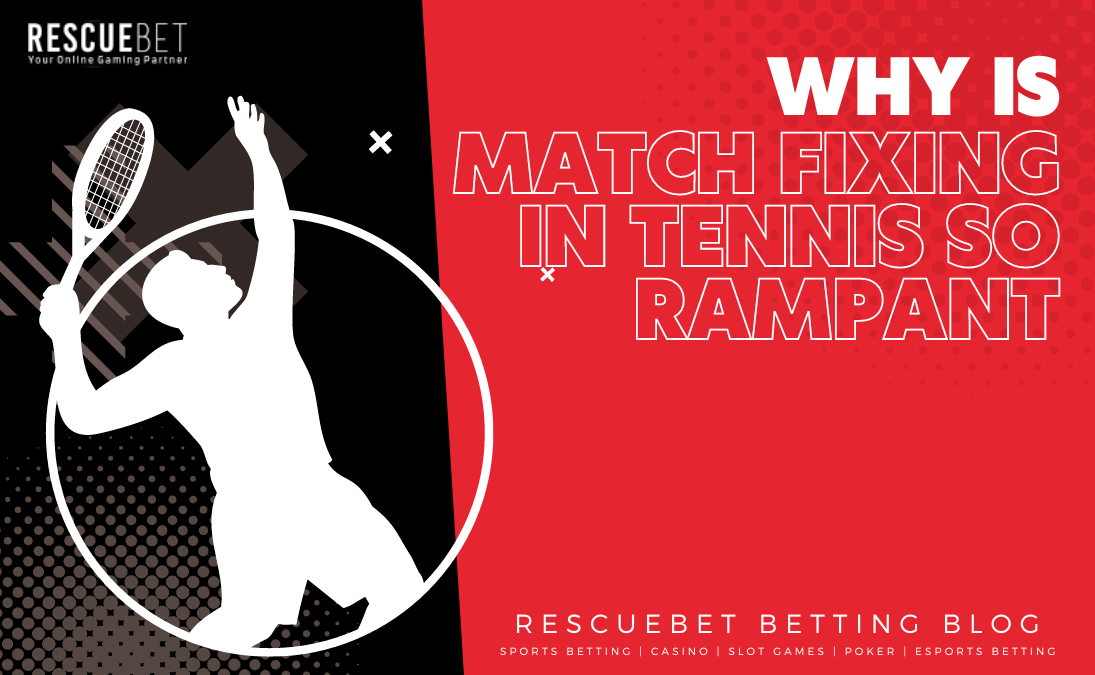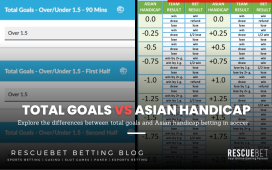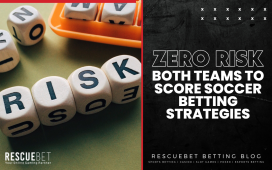Sports and match fixing go hand in hand, and it’s no different in Tennis, where multiple instances of match fixing have resulted in banned players. Tennis fans only get a small glimpse of what the game entails, and there’s much more to the story. The tennis match fixing phenomenon has become more and more visible in the past decade. It’s not a question of whether corruption existed before, but if it was as widespread as it has become over the years since establishing the Tennis Integrity Unit (TIU) in 2008.
What Makes Tennis The Ideal Sport For Match Fixing?
Firstly, it is an individual sport, meaning that no teammates need to be considered witnesses to prove it is a rigged match. The individual is in charge of getting “the job done” to win, lose, or achieve a specific result.
Secondly, Tennis is a sport where everyone experiences a “bad” match from time to time. When a player loses to another player, this is not considered suspicious but rather a part of the game.
Finally, given the low prize money and the high cost of competing at the lower levels of the sport, the extra cash is highly tempting. For example, we can see this problem by comparing the 246th best-paid baseball player and the 246th best-paid male tennis player in the United States. The baseball player earns $5 million, while the tennis player makes $63,100, excluding his expenses.
Why Is Fixing Rampant In Tennis?
Tennis players do not earn a salary like those in other sports, such as basketball and soccer. In other words, if they want to make money, they have to play. To get reasonable payment, they have to win. There are no contracts or teams to support professional tennis players if they are injured or perform poorly. It is hard to know how much money professional tennis players earn each year. A pro tennis player’s bottom line is affected by their performance, status, and endorsements, so that financial independence can be a concern yearly. Due to their constant struggle to make ends meet, they left lower-ranked tennis players with no choice but to fix matches.
How To Get Match Fixing Out Of Tennis
Over a year, they decided that placing many small bets on the outcomes of matches between low-ranked players in advance would make a lot of money for the match fixing industry. It is a “big business,” even though the TIU focuses on zero-tolerance and combats corruption to the best of its ability. Some players see the TIU as ineffective because their processes are slow and inefficient. After two years, the investigation is complete after receiving evidence of someone’s match fixing behaviour. Others believe that regardless of how many hours they teach the players and how clear the rules are, match fixing will continue because lower-ranked players are not earning enough money. One suggestion is to increase the earning potential of the top 300 players. To discourage cheating, all ranked players should receive a minimum income. Though creating a financial model to accomplish this goal might be difficult, it’s worth it. We need to spread the money more evenly and distribute it earlier in the process. The problem is challenging to solve, but the solution is clear: they need to pay more to lower-ranked players.
























